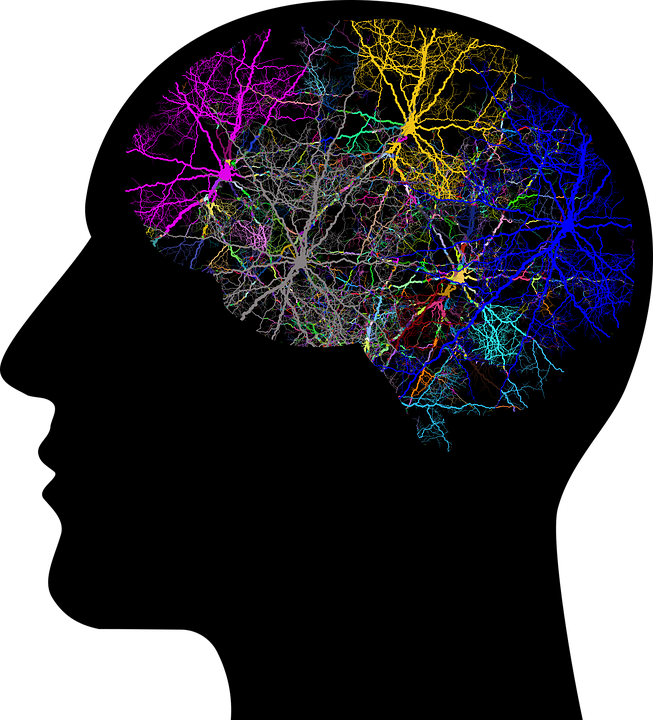
A scientific study conducted at the Mount Sinai School of Medicine found specific impairments in networks of the brain’s neurons that researchers tied to drug addiction behaviors. The study, published in the scientific journal Neuron, reviews over 100 studies of various neuroimaging to compare the results to a previous model for why addiction begins in the brain. The original model, dubbed the iRISA model, tied two areas of the brain to addiction, while the new study finds 6 major neural networks associated with addiction. So far there are no ways to use this data in a clinical way to identify addicts or those at risk of becoming addicted.
If you think those parts of your brain have been activated and you’re finding yourself getting more and more attached to a substance, contact us and we will be glad to discuss your options for rehab in FL.
Specific impairments within six large-scale brain networks during drug cue exposure, decision-making, inhibitory control, and social-emotional processing are associated with drug addiction behaviors, according to a systematic review of more than 100 published neuroimaging studies by experts at the Icahn School of Medicine at Mount Sinai and published Wednesday, June 6 in the journal Neuron.
Drug addiction is a disorder that encompasses not only excessive drug-seeking and taking, but also fundamental changes in cognition and emotional processing. It comprises core clinical symptoms and behavioral manifestations including a chronically relapsing cycle of intoxication, bingeing, withdrawal, and craving that propels uncontrollable drug use despite adverse consequences and a reduction in the pleasure derived from the drug. While much of the early research on drug addiction focused on understanding the rewarding properties of the drug, recent research has made it increasingly clear that cognitive and emotional impairments support the initiation, escalation, and maintenance of the cycle of addiction. Read More at Science Daily






